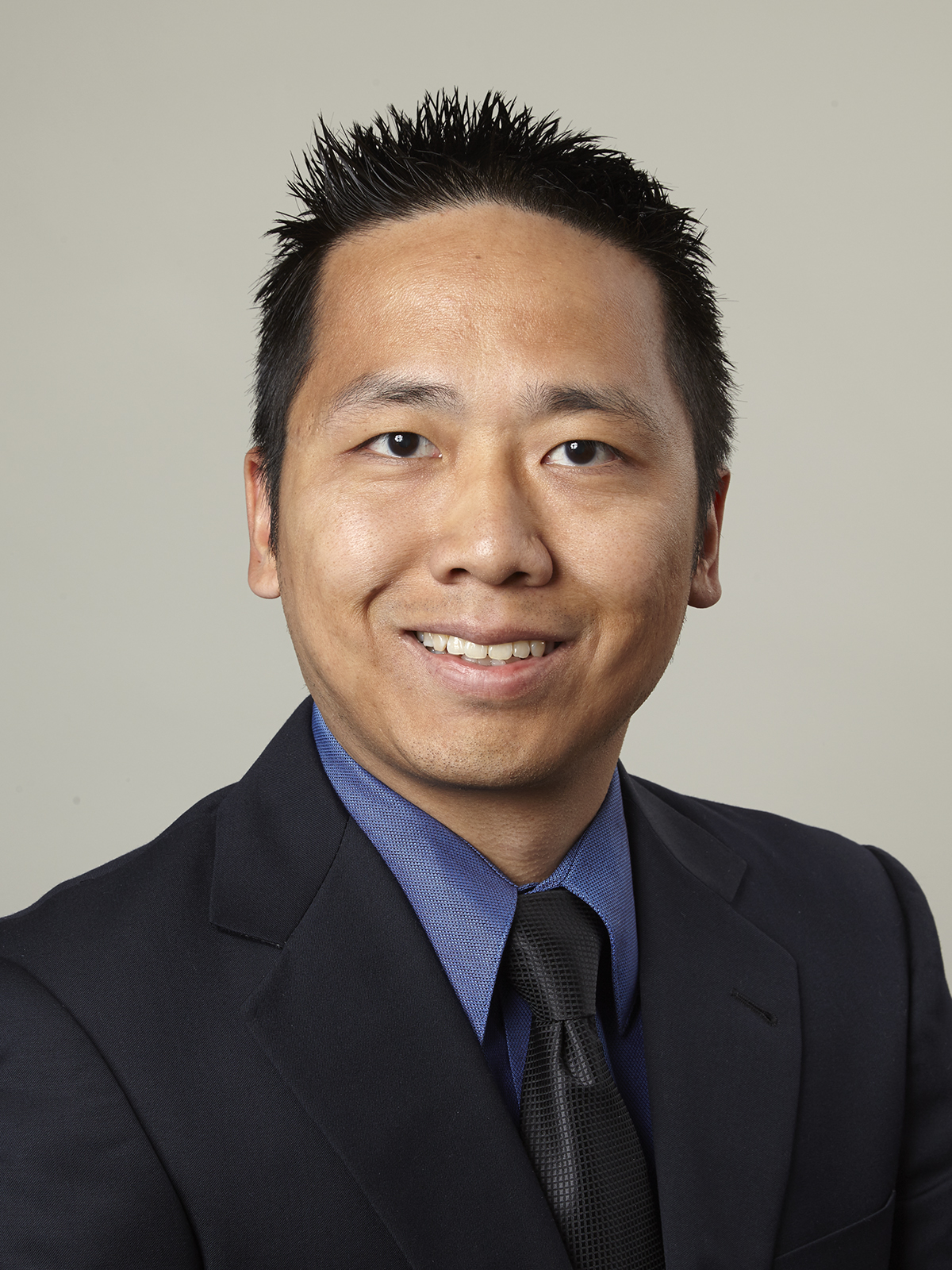Q: My husband was recently diagnosed with COPD. What is COPD, and is it treatable?
A: Like high blood pressure, chronic obstructive pulmonary disease, or COPD, is a "silent killer," but it predominantly affects those who smoke.
Lung function slowly declines with age in nonsmokers. However, for smokers, the decline is greatly accelerated and eventually could lead to severe debilitation and death.
There is no cure for COPD. Inhalers and breathing treatments only help to improve symptoms, and they are less effective in those with more severe disease.
There is only one way to save your lungs, improve breathing and reduce heart and vascular disease, and that is to stop smoking. Although lung damage has already occurred for smokers, quitting returns the rate of lung function decline to that a nonsmoker within one to two years. The ability to breathe easier and do more will be noticeable within days!
Quitting smoking is, if not the most difficult task one has ever tried to accomplish, a challenging endeavor given the habitual nature and nicotine addiction. There are several ways to quit smoking: "cold turkey" (best way); set a quit date, cut down and quit at set date; nicotine patches or gum; or medications to diminish cravings. One way may work for some and not for others.
If you are willing to quit smoking, you have taken the first step in the right direction. Let your primary care provider and/or pulmonologist know today your willingness to quit, and they will be ready to help.
- Dr. Patrick Koo, UT Erlanger Respiratory and Critical Care; member, Chattanooga-Hamilton County Medical Society

